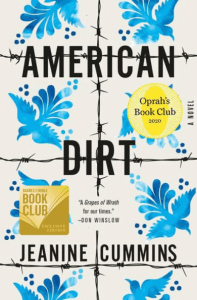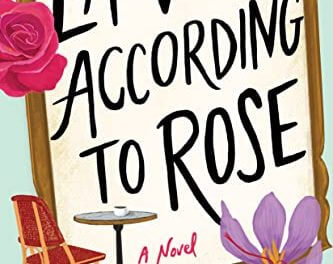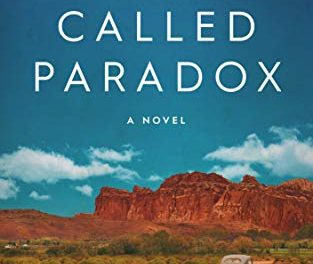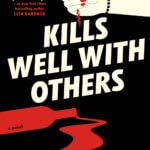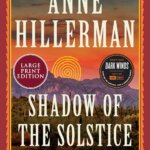American Dirt has been mired in so much controversy, I almost didn’t read it. In the end, though, curiosity pulled me in so I could make up my own mind.
The #MeToo and the #OwnVoices movements have caused a fundamental shift in America and in American literature. As a writer myself, I don’t believe that only POC writers can write a POC story, that only people who have been raped can write a true account of rape, that only women can write female voices, or that only men can write male voices. The key ingredients for any book are a good imagination, empathy, and a sensitivity to the story/voice you are writing.
That said, I agree with Roxane Gay’s article in January’s GAY magazine: “Creativity demands that anyone should be able to tell the kinds of stories they want, but how those stories are told matters and creative freedom does not grant critical immunity. Perfection isn’t the goal, but accuracy and authenticity are. When people tell stories beyond their subject position, all too often they do it poorly. The depictions are caricatures, rife with stereotypes, flat and distorted. The people whose communities are so poorly represented speak up but are rarely heard. Writers are allowed to make mistakes.Writers are allowed to write bad books. To critique American Dirt isn’t about jealousy or misogyny or censorship. It’s about demanding better.”
Certainly Jeanine Cummins has the right to produce any type of fiction she likes, but having her work read by Latinx sensitivity readers before publication might have helped flesh out her rather flat, stereotypical characters. She has taken what is a harrowing experience to millions of immigrants—crossing into the US from its southern border—and turned it into a common thriller. I read the entire book in two evenings, so it’s definitely a page-turner. The language ranges from gritty to near-poetic. I found point-of-view shifts, particularly toward the end, problematic, and there were shifts from past to present tense that didn’t quite make sense to me. As American Dirt is a thriller, the characterization isn’t particularly strong, and it’s more plot-driven than character-driven. While it is okay as a thriller, it wasn’t great, and certainly never reached the level of characterization seen in my favorite thrillers: the Gabriel Allon series by Daniel Silva.
I read the acknowledgments / author’s notes at the end and found this phrase particularly icky: “I wished someone slightly browner than me would write it [a true immigrant story]?” So only someone the color of pale toast could write the immigrant story? What quirk in her brain allowed such words to pop out of her mouth, and what idiot in her publishing team thought that would be a good quote? Many people, including Latinx writers, activists, and immigrants, have written books of equal or greater stature. The real “American Dirt” is that the American publishing system is broken. The vast majority of people within the industry are white, view the world with white privilege, and seem committed to promoting that privilege, thus true migrant stories have been written but, sadly, never published.
********************
